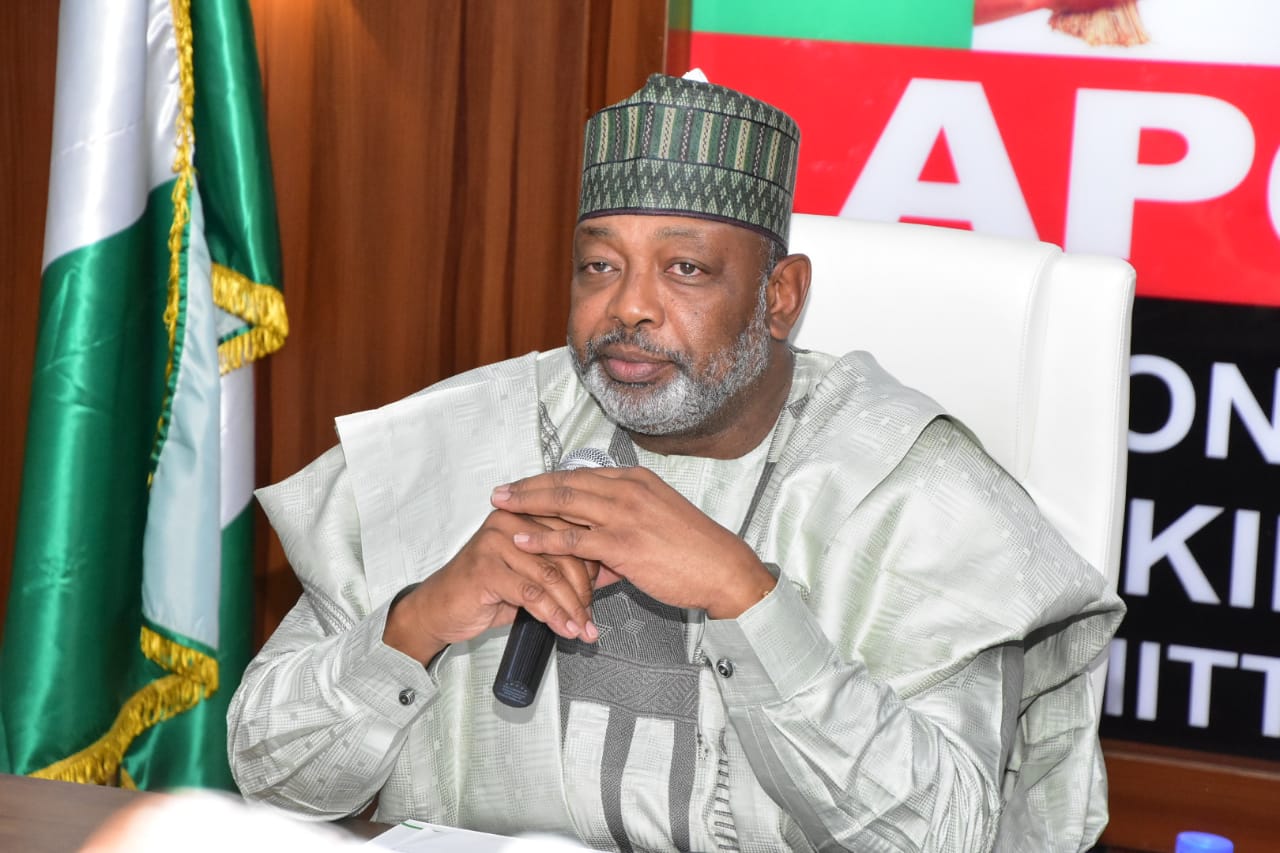FG suspends food imports duty to tackle increasing inflation in the country.
A 150-day duty-free import window for food commodities was announced by the Federal Government on Monday as part of its efforts to combat increasing inflation, which has left many Nigerians poor.
Abubakar Kyari, the Minister of Agriculture and Food Security, announced during a news conference in Abuja that certain commodities, such as cowpeas, wheat, husked brown rice, and maize, would be eligible for 150 days of duty-free importation.
Additionally, the government announced its intention to work with the states to increase land cultivation nationwide.
The government also suspended all duties, tariffs, and taxes for the importation of specific food commodities through land and sea borders.
The most recent directive is anticipated to decrease the need for foreign exchange by food importers. In 2023, Nigerians imported $2.13 billion worth of food items.
Despite being referred to as the “food basket of Africa,” Nigeria imported a significant amount of food from other nations, according to the Central Bank of Nigeria’s quarterly figures.
The administration is concerned about the high cost of food imports. The nation has a sizable agricultural industry, and initiatives have been made to increase domestic output in order to lessen reliance on food imports.
However, issues including poor infrastructure, insecurity, and climate change have made it more difficult for the industry to advance.
However, experts argue that the most recent decree permitting free food imports is a glaring example of how the Nigerian government has not yet set the country up to achieve the Sustainable Development Goals of the United Nations, which call for the eradication of famine by 2030.
It clarified that the country’s small-scale processors and millers would get supply of the imported food commodities in their semi-processed stage.
The minister announced that the “federal government will import 250,000MT of wheat and 250,000MT of maize in addition to the importation by the private sector.” The country’s small-scale processors and millers will be supplied with the semi-processed imported food commodities.
According to Kyari, President Bola Tinubu came up with the advancement plan to give Nigerians access to food security and economic stability.
He said that “we have all witnessed to the escalating cost of food items in all parts of the country” during the last few months. Almost no food item anymore has a price that is not higher than what a large number of Nigerians can pay.
The minister said that statistics from the National Bureau of Statistics, which as of the most recent count had put food inflation at 40.66 percent, had been used to index the affordability crisis in our food security system.
Since the president announced the withdrawal of fuel subsidies and the floating of the naira, which would allow market forces to determine the value of the Nigerian currency in 2023, Nigerians have struggled with rising food prices.
Basic food costs increased as a result of the measures; in a year, the price of 50 kg of rice went from roughly N20,000 to over N70,000.
Kyari noted that the nation’s food inflation statistics are a result of a number of levies and taxes, infrastructural issues, and the blatant greed of dealers and marketers.
The minister also added that the federal government would work with state governments to find irrigable land and expand the area under cultivation.
Likewise, a growing number of people cannot afford basic proteins like eggs due to the increased cost of chicken goods. Depending on size, an egg that sold for N100 the previous year now costs N200 or more.





There is a lot to be done in the agricultural sector. Empty words cannot do it.
There is a lot to be done in the agricultural sector. More words cannot do it.